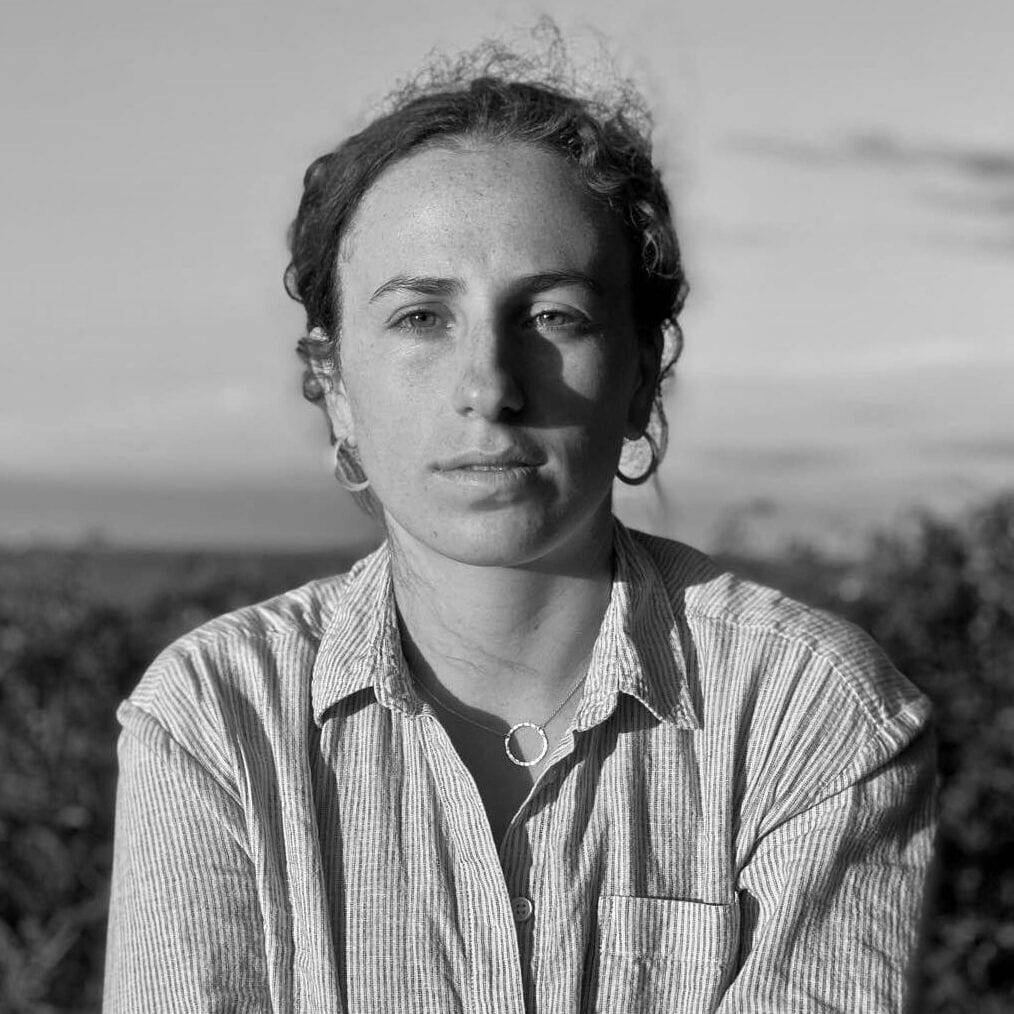It is immediately clear Iraqi culture is close to Ahmed Habib’s heart when he describes fried aubergine sandwiches as “the world’s way of saying everything will be fine”.
“They are my mother’s warmth and they are the mesmerising hustle and bustle of Baghdad all in one bite,” Habib says, leaving me salivating slightly at the other end of the phone.
Habib is one of four co-founders of Iraq’s first independent film festival (IIFF) alongside Shahnaz Dulaimy, an award-winning feature film editor; Israa Al-Kamali, a writer, poet and film enthusiast; and Róisín Tapponi, a writer, editor and founder of the women’s filmmaking platform, Habibi Collective.
The quartet has together organised, funded, curated and created the IIFF, which is set to open online via the festival’s website at 6:30pm (BST) this evening.
The festival, which will run for a total of eight days, culminating on the 28 August, involves the screening of 13 films, including short and feature length submissions.
Twelve of the films will be screened solely online, while the thirteenth, Dir Samir’s ‘Baghdad in my shadow’, will premiere live at London’s Curzon cinema on the 28 August.
The founders have also included in the programme talks from the Habibi Collective and shakomako.net, which will discuss ways in which film has been a trigger for social change.
READ: Female protest leader gunned down in Iraq’s Basra
According to Habib, the two talks and 13 films, which were carefully selected from a group of more than 80 submissions, are a celebration of Iraqi culture and a “tribute to the country’s multi-layered identity”.
“Iraq is something that exists in the colour of people’s hair, in the colour of people’s skin, in the shape of their tongue when they speak, in the music they listen to and the way their tongue falls in love with food,” Habib explains. “That is what Iraq is.”
For years, Habib says, Hollywood films about Iraq have been focused on the country’s problems and narrated by international voices, often with political bias, rather than by natives.
Hollywood has preferred to “put forward neatly commodified, beautifully wrapped films that are palatable to a wider audience”, Habib says, rather than face uncomfortable and complex stories from Iraq.
Nevertheless, it is important, he continues, for Iraqis around the world to “know that there are stories of resilience, of beauty, of love and belonging from Iraq that are being told through moving image”.
To Habib, the IIFF is an opportunity to showcase these stories and inspire Iraqi voices to re-claim the country’s narrative from a discourse which has long been centred on war and violence.
One film in the festival programme which seeks to avoid the internationalist narrative is ‘Sabeya’, a short film set in the summer of 2014 during the brutal Daesh campaign against the Yazidi community in northern Iraq.
![Iraqi Yazidis attend a candle-lit vigil in the Sharya area, in Iraqi Kurdistan region on August 3, 2020 [SAFIN HAMED/AFP via Getty Images]](https://i0.wp.com/www.middleeastmonitor.com/wp-content/uploads/2020/08/GettyImages-1227894902.jpg?resize=1200%2C782&ssl=1)
Iraqi Yazidis attend a candle-lit vigil in the Sharya area, in Iraqi Kurdistan region on August 3, 2020 [SAFIN HAMED/AFP via Getty Images]
Most of the films are in Arabic (but will be screened with subtitles), because of the language’s dominance in Iraq. Nevertheless, the IIFF team have tried to recognise and celebrate the diverse linguistic, ethnic and religious landscape of the country in the festival.
READ: UNICEF warns of ‘escalating violence against Iraqi children’
The founders, Habib explains, released an open call for submissions via social media and personally invited Kurdish filmmakers, as well as members of linguistically minority communities across Iraq to submit pieces to the IIFF.
Meanwhile, in an effort to encourage nationals living inside and outside Iraq to contribute, the quartet accepted submissions from emerging and established Iraqi filmmakers based anywhere in the world.
One stand-out submission that showcases the vast diversity of Iraqi people both in the diaspora and within the country’s borders, according to Habib, is the festival’s finale, ‘Baghdad in my shadow’.
The 110-minute submission takes place in the diaspora when a failed author, a wife in hiding and a clandestine queer IT specialist meet by chance in café in London.
The submission, Habib says, demonstrates “how Iraqi people in the diaspora, whether they meet in a coffee shop, or at a concert or at a football game, feel an instant connection because of the shared stories that they have.”
This sense of connection with other members of the Iraqi diaspora, Habib says, is something that inspired the four founders to establish the IIFF.
The festival is “inspired by activists around the world and the people in Tahrir Square that have been putting their lives on the line to re-imagine Iraq.”
“We didn’t just want to mourn, we wanted to organise around this feeling and create a cultural event that pays tribute to the people of Iraq wherever they may live.”
READ: Can Iraq’s PM tackle the issue of enforced disappearances?


![Ahmed Habib, co-founder of Iraq’s first independent film festival (IIFF), 21 August 2020 [ahmedhabib/Twitter]](https://i0.wp.com/www.middleeastmonitor.com/wp-content/uploads/2020/08/Ahmed-Habib.jpg?fit=1200%2C800&ssl=1)









